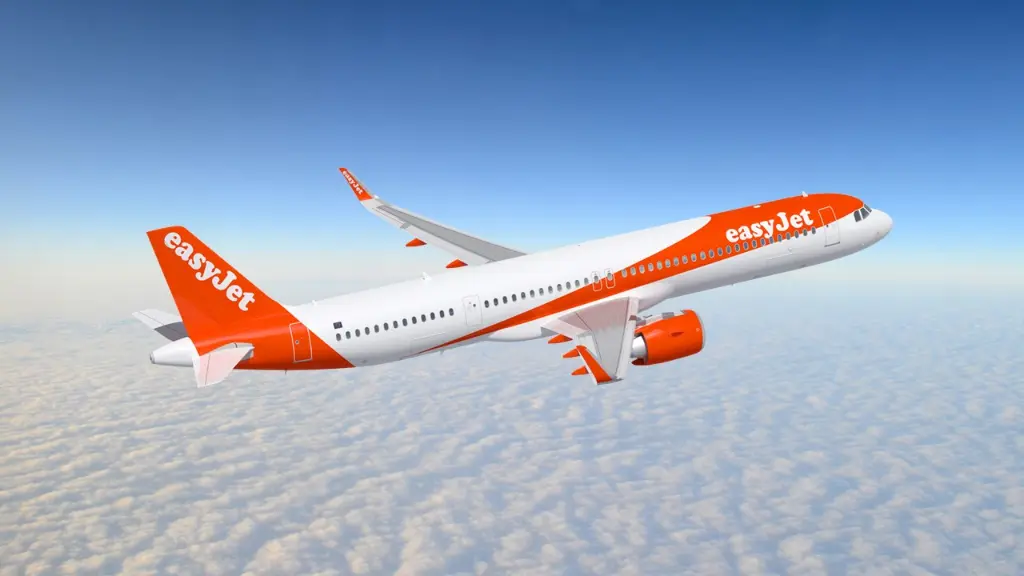British low-cost carrier (LCC) easyJet has recently announced a significant expansion of its fleet with the confirmation of a firm order for 157 additional aircraft from the Airbus A320neo Family. This substantial order, which has received shareholder approval, includes 56 A320neo and 101 A321neo aircraft.
Additionally, the airline is upscaling an existing order of 35 A320neo to the larger A321neo model. This move is a key part of easyJet’s strategy for fleet renewal and upgauging, aimed at enhancing the sustainability of its operations.

The Breakdown: easyJet's Mix of A320neo and A321neo Aircraft
The Airbus A320neo Family, renowned as the world’s most favored single-aisle aircraft, has amassed over 18,000 orders from nearly 140 customers across various markets. The A321neo, the largest variant in the A320neo Family, stands out for its exceptional range and performance.
These aircraft are equipped with new generation engines and Sharklets, leading to a 50% reduction in noise levels and over 20% savings in fuel and CO2 emissions compared to previous generation single-aisle planes. This aligns with the growing emphasis on eco-friendly travel solutions.
“We are very pleased to be able to confirm this significant order which not only enables easyJet to replace its older aircraft with more efficient aircraft, a core component of our net zero roadmap, but also provides us ability for disciplined growth, including the significant opportunity that upgauging brings, “commented Johan Lundgren, CEO of easyJet. “With this order easyJet will be able to continue to cement its leading position at Europe’s primary airports and so we look forward to working in partnership with Airbus in the years to come.”
Enhanced Features: The A321neo's Performance and Sustainability
Furthermore, the A321neo is designed to maximize passenger comfort, boasting the widest single-aisle cabin available. All Airbus aircraft in the A320 Family, including these new additions, are compatible with up to 50% Sustainable Aviation Fuel (SAF). Airbus is committed to increasing this capacity, aiming for all its aircraft to operate with up to 100% SAF by 2030. This aligns with the broader industry goals of reducing aviation’s environmental footprint and moving towards a more sustainable future in air travel.
